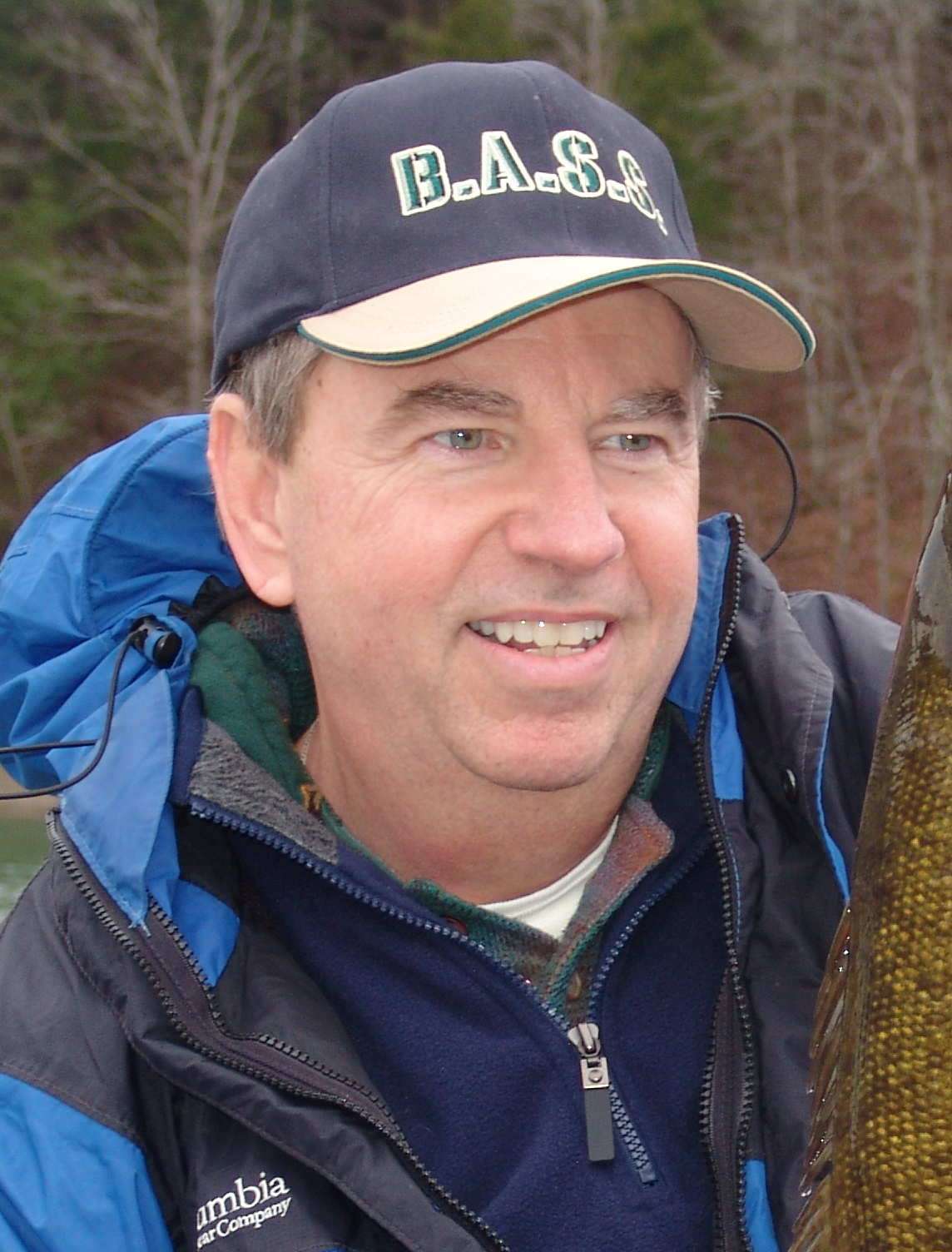
EUGENE, Ore. – Angler advocate groups are keeping close watch on bills proposed in the Northwest that could have catastrophic consequences for bass fisheries and bass fishermen.
That comes as no surprise, since Washington and Oregon are ground zero for anti-bass bias. The good news is Washington H.B. 1579 likely faces stiff opposition from angler groups, while Oregon S.B. 723 is not aimed at sport fish – at least not yet.
As one of the first to expose the Oregon bill, Lake Record said it “could essentially make tournament fishing of any kind illegal.” Additionally, the Humane Society of the United States (HSUS), which is anti-fishing, is behind this proposal, along with its allies in the Oregon state senate. HumaneWatch.org, which bills itself as a watchdog group on the animal rights movement, said this: “Behind all the academic-speak, let’s be clear what HSUS’s goals are: No more sushi. No more blackened salmon entrees. No more fishing for trout and bass in the local river with your family.”
What Oregon S.B. 723 seeks is to “prohibit persons from organizing, sponsoring, promoting, conducting, or participating in contests, competitions, tournaments, or derbies that have the objective of taking wildlife for prizes or other inducement for entertainment.”
The key word is “wildlife,” and general consensus is that doesn’t include fish – yet. But B.A.S.S. National Conservation Director Gene Gilliland said that the Oregon Department of Fish and Wildlife (ODFW) has not responded to requests for clarification and other comments on the bill.
Inspiration for the bill seems to have been a coyote-killing competition. Care2, another anti-hunting group, reported, “Teams competed to kill as many coyotes as possible anywhere in the state, while the team with the greatest total weight of all coyotes killed would win.”
But B.A.S.S. state Conservation Director Lonnie Johnson cautioned the primary focus on wildlife now doesn’t mean that bass tournaments won’t be a target in the future if this bill is passed.
“If you read S.B. 723 carefully, it is very vague as to who is banned from what, and is truly open to interpretation,” he said. “It could easily be pushed that it is only about wildlife now, but interpreted differently next month or next year.
“Frankly, I don’t trust HSUS at all,” Johnson added. “The whole business of $19 a month for the poor puppy, or the scared cat (HSUS national advertising campaign that solicits donations) sits very well, until you discover about $.015 goes to the cause, and the rest goes to the war chest.”
In Washington, meanwhile, some want to kill the bass to save the whales – you read that correctly – while that state’s fish and wildlife agency also has not responded to requests for its assessment of H.B. 1579. Stated intent of the proposal is to “increase prey for endangered southern resident orcas (killer whales)” by increasing harvest of bass and other warmwater species. Proponents of the bill believe that can be done by removing catch and size limits, as well as removing bass, walleye and channel catfish from classification as game fish so a license to fish for them won’t be required. How would this benefit orcas? Well, orcas eat salmon and long-standing anti-bass bias in the Northwest alleges that bass and other non-native warmwater species eat too many salmon smolts and thus damage populations of the native species.
Even though no evidence supports that argument, both Washington and Oregon removed limits on bass in some waters a few years ago, based on that notion.
In the aftermath of that battle, Johnson said, “ODFW has stated that although they are a science-based agency, and there is no science that says bass are overly predating on salmon and steelhead smolts, they are making a policy change, and using regulation simplification as the reason. Washington is now taking the same approach.”
In pointing out that the only realistic way to bolster salmon populations is to remove dams that destroyed habitat and blocked migrations, Glenn Ainsworth, former Idaho B.A.S.S. conservation director added, “The northern pike minnow eats tenfold more salmonids than all the bass combined in the Columbia watershed, according to a study by ODFW. But they still want a band-aid on a compete habitat issue that they can’t fix.”
But Washington state Rep. Joe Fitzgibbon countered, “I think we should do everything we can to encourage recreational fishers to catch as many of those fish (bass, walleye, catfish) as possible so that they’re not predating Chinook salmon.
“If we pass this bill, I think we’ll see a significant turnaround in the abundance of Chinook in our waterways, both for fishermen as well as for orcas.”
What goes unaddressed by Fitzgibbon and others who support the Washington bill is that, if orcas need more salmon to sustain their populations, why shouldn’t recreational fishing for them be banned as well?
Fortunately for bass and bass fishermen, this bill is not likely to go anywhere, based on quick assessments by the Congressional Sportsmen’s Foundation and the American Sportfishing Association.
“Their sources don’t think the ‘removing bass from game fish list’ bill will go anywhere,” said Gilliland. “It’s likely dead in committee because of too much opposition from sportsmen’s caucus members.”
Still in the anti-bass Northwest, where anything is possible, resident bass anglers should voice their opposition to both Washington H.B. 1579 and Oregon Senate Bill 723.
Links
Oregon S.B. 723
Washington H.B. 1579
Washington link for anglers to contact legislators
Oregon link for anglers to contact legislators





